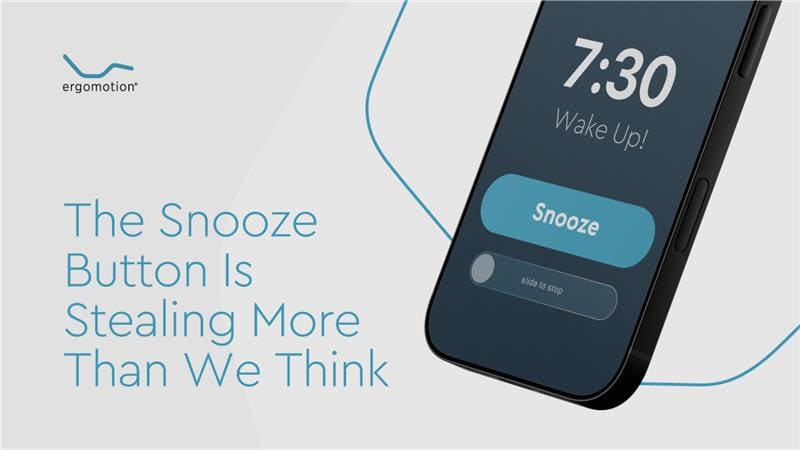Caffeine could be a great stimulant, helping people waking up in the morning and remain alert during the day.
When caffeine has absorbed, it is distributed to all the body, stimulating the nerves and taunting adrenaline. As a consequence, the levels of energy and alertness grow and, this is good.
But the problem is that most of the time, a lot of people consume caffeine during the afternoon or event by night, and the excreted process is mostly after six hours.
Once caffeine is distributed throughout the body, it stimulates the nerves and causes adrenalin to be released.
The magnitude of total sleep time reduction suggests that caffeine taken 6 hours before bedtime has significant disruptive effects on sleep and provides empirical support for sleep hygiene recommendations to refrain from substantial caffeine use for a minimum of 6 hours before bedtime.
How can you realize if coffee is affecting you?
Caffeine is a stimulant, so in moderate doses, it can:
. Increase alertness
. Reduce fine motor coordination
. Cause insomnia
. Cause headaches, nervousness, and dizziness
It has also been known to result in:
. Anxiety
. Irritability
. Rapid heartbeat
. Excessive urination
. Sleep disturbance
Source: Sleep Foundation
What Steps Can You Take?
Moderation is the key to helping you with sleep deprivation caused by caffeine.
It is okay to consume, as long as you can identify that your sleep disorder is not related to coffee.
A general guideline is to reduce caffeine consumption around 2 pm.
Elevate your business with Ergomotion®.



